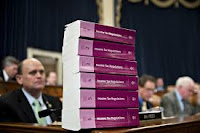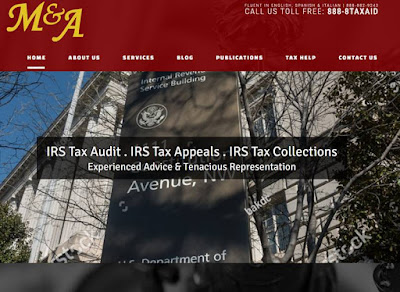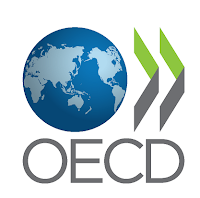The Internal Revenue Service issued final regulations in on the Foreign Tax Credit, a long-standing tax benefit that generally allows individuals and businesses to claim a credit for income taxes paid or accrued to foreign governments in IR-2019-193.
The Tax Cuts and Jobs Act (TCJA) made major changes to the tax law, including revamping the U.S. international tax system. Specifically, several Foreign Tax Credit provisions were changed, including repeal of section 902, which allowed deemed-paid credits in connection with dividend distributions based on foreign subsidiaries’ cumulative pools of earnings and foreign taxes. TCJA also added two separate limitation categories for foreign branch income and amounts includible under the Global Intangible Low-Taxed Income (GILTI) provisions.
Additionally, the TCJA changed how taxable income is calculated for purposes of the Foreign Tax Credit limitation by disregarding certain expenses and repealing the use of the fair market value method for allocating interest expense.
Finally, the TCJA made systemic changes to U.S. taxation of international income that impact the Foreign Tax Credit calculation. These systemic changes include the introduction of a participation exemption through a dividends received deduction for certain dividends in section 245A and the introduction of GILTI, which subjects to current U.S. taxation foreign earnings that would have been deferred under previous law, albeit at a lower tax rate and subject to extra Foreign Tax Credit restrictions.
The IRS also issued Proposed Regulations relating to the allocation and apportionment of deductions and creditable foreign taxes, foreign tax redeterminations, availability of Foreign Tax Credits under the Transition Tax, and the application of the Foreign Tax Credit limitation to consolidated groups.
- These Treasury issued rules confirming that research and development expenses do not have to be allocated against foreign income.
- Treasury also finalized proposed regulations, issued last year, that allow companies to claim some increased foreign tax credits against their GILTI liability. But the final rules don't include the broader exclusions advocated by companies that said the interaction between the foreign tax credit limitations and GILTI was an unexpected consequence not intended by Congress.
- Foreign tax credit limitations were of little concern to companies before the 2017 passage of the TCJA, as the U.S. corporate tax rate of 35% was well over that of most foreign countries. But with a new, lower rate of 21%, as well as an expected global minimum rate of 13.5%, the foreign tax credit limitations can have a significant impact on a company's overall tax payments.
- They alsoconfirm that research and development expenses do not have to be allocated against foreign income, resolving an open question that companies had been considering since the regulations were issued last year.
Contact the Tax Lawyers at
Read more at: Tax Times blog


















